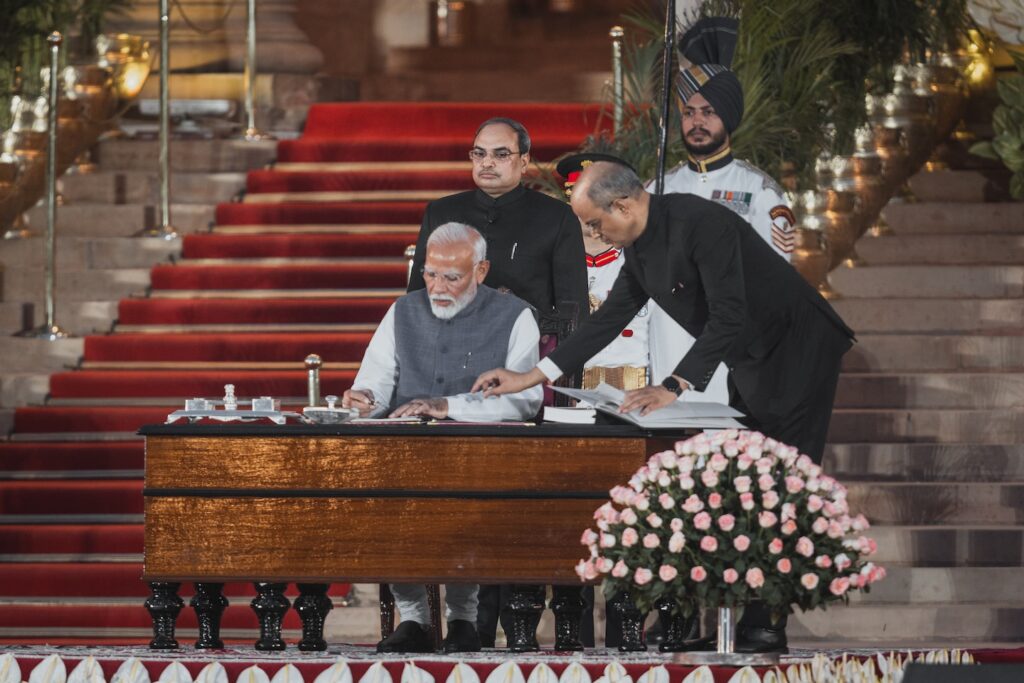Upon awakening at his Ashburn, Va. home at 5:45 a.m. last Tuesday, Syed Ashraf’s first action was to search for the Indian election results. As he scrolled through the information trickling in from the subcontinent, a sense of relief and hope washed over him. Despite Prime Minister Narendra Modi’s Bharatiya Janata Party (BJP) securing the most parliamentary seats after a 47-day election, they fell short of the majority needed to form a government. This unexpected outcome marked a significant shift in India’s political landscape, stirring tensions among religious groups.
Ashraf, a Muslim Indian expatriate who migrated from Uttar Pradesh to Virginia in 2000, expressed his satisfaction with the election results. He shared his concerns about the future of his community and the diminishing confidence in India’s democracy.
While Modi was sworn in for a rare third term, the new parliamentary arrangement may restrain his authority, providing some semblance of hope. Indian Americans in the D.C., Maryland, and Virginia region closely monitored the election, recognizing the high stakes involved, including concerns about wealth inequality, global economic standing, and the preservation of multiculturalism and secularism.
The reactions varied among Indian Americans in response to Modi’s setback, reflecting a diverse range of emotions from shock to delight to resignation. For some, the political shift signifies a step towards supporting diversity, while others fear its impact on India’s economic growth. Indian Americans hold different perspectives on the implications of the election results, influenced by their cultural, religious, and political backgrounds.
The election outcome also prompted reflections on India’s recent history, highlighting incidents of communal violence and discrimination against minorities under Modi’s leadership. The aftermath of the election exposes various divides within Indian society and its impact on minorities, with concerns extending to Western countries where tensions have spilled over.
As the dust settles on the election outcome, Indian Americans grapple with hopes, doubts, and uncertainties about the future trajectory of their homeland. The diversity of opinions and reactions underscores the complexity of Indian society and its political landscape, suggesting a broader need for dialogue and introspection to navigate the challenges ahead.
